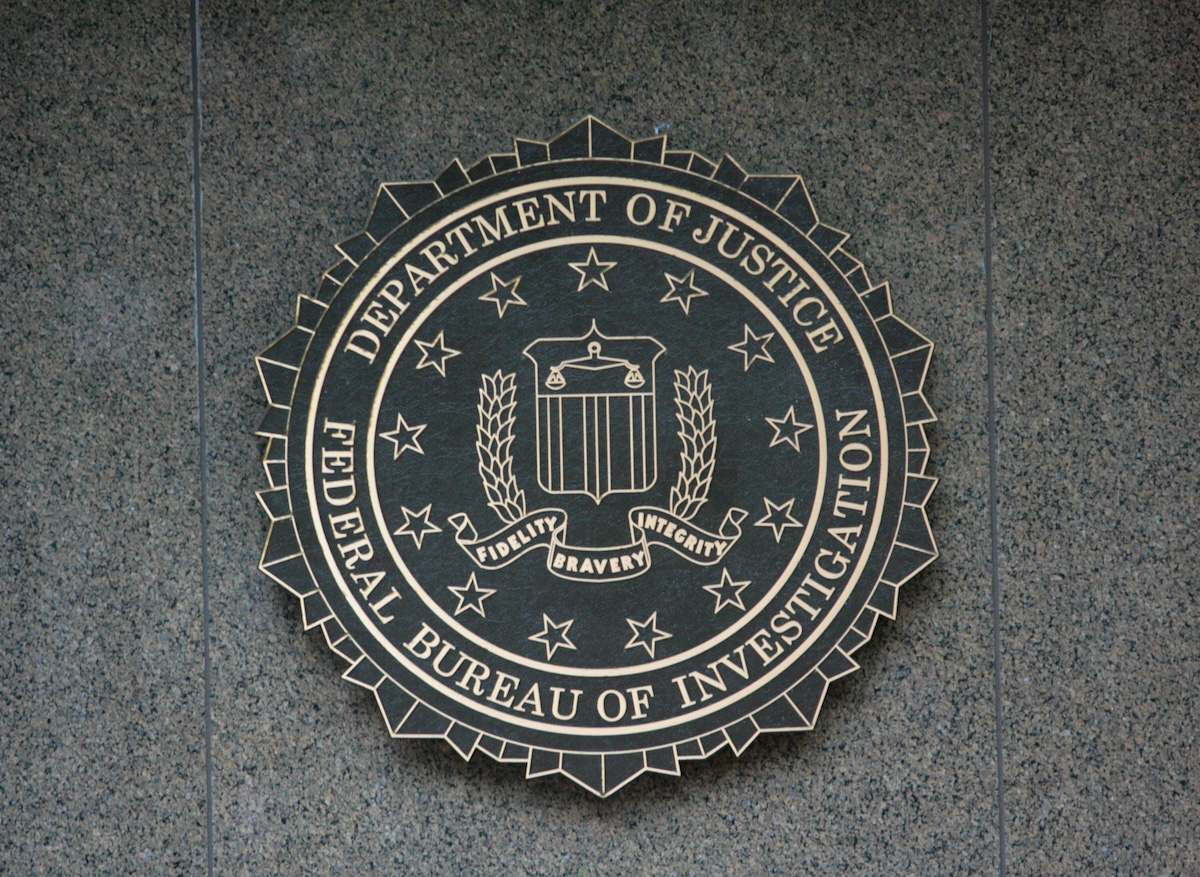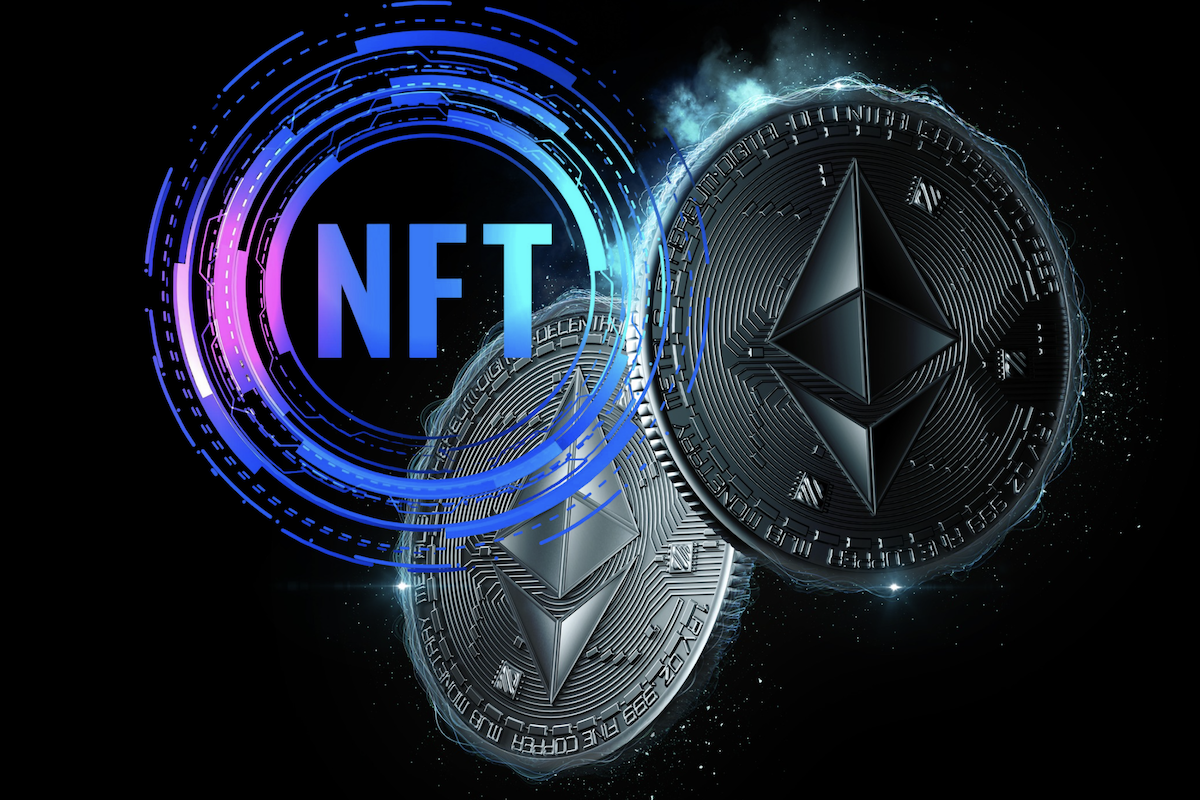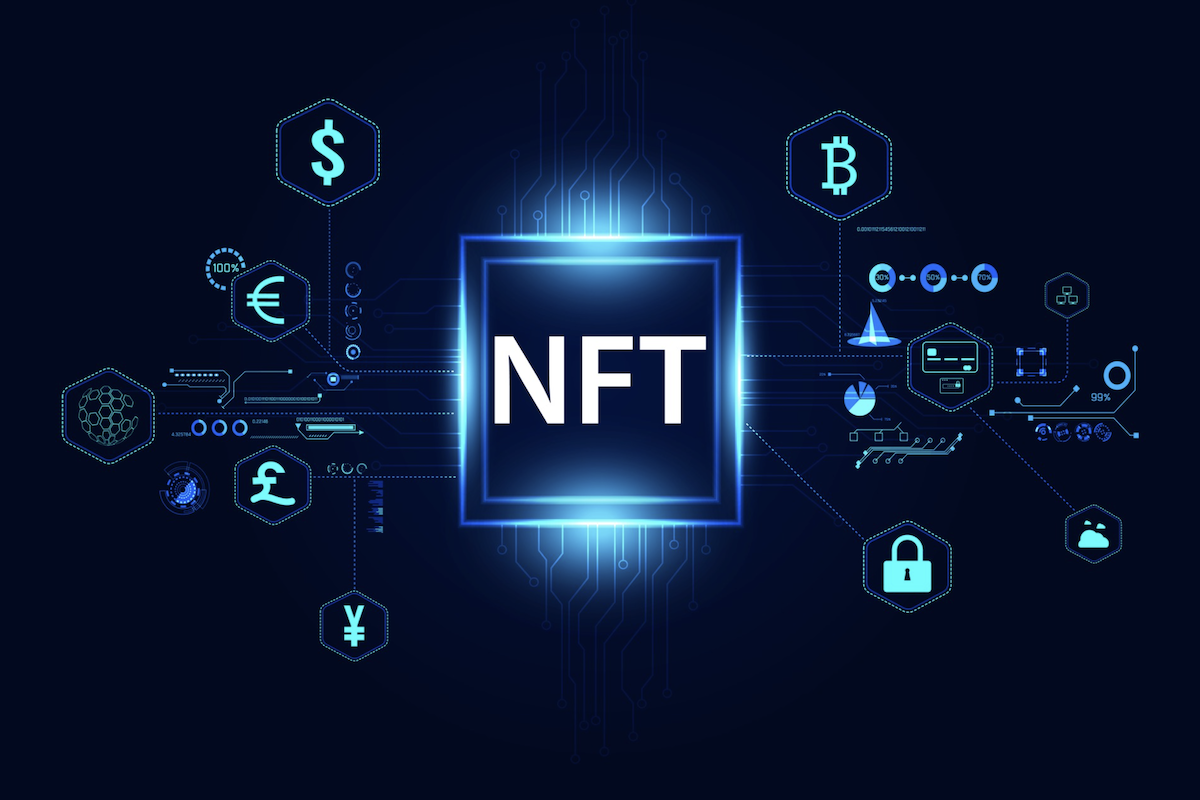The Truth About NFTs and Copyright
The US Copyright Office recently put out a summary of its basic rules. It's something every potential NFT investor should read
Since 2021, NFTs have been popular among the masses - between 2020 and 2021, sales jumped from $82 million to $17 billion - bridging the gap between modern art and modern technology.
You had Block CEO Jack Dorsey selling an NFT of his first tweet for $2.5 million; the NBA introduced their Top Shots platform, and an NFT collage was sold for more than $69 million.
Two years in, besides knowing they're profitable, many people don't know a lot about NFTs. How do they work? Are they here to stay? And what does copyright have to do with it?
As more and more money is invested into NFTs, issues that may have been ignored in the past must be addressed.
The Basics of the NFT World
For the uninitiated, let's quickly go over the basics of NFTs. The Non-Fungible Token is, as the name suggests, a token that cannot be interchanged with any other token.
To put it simply: a Bitcoin is a fungible token, meaning each Bitcoin is equal to another. We could give you one Bitcoin, and you could give us one Bitcoin in return, and it would have the same value.
With an NFT, however, each token is unique. So, if we were to give you an NFT of a piece of digital art, you couldn't give us an NFT of a different piece of digital art and expect the same value in return.
NFTs come in all shapes and sizes. They range from sports GIFs to cartoon avatars, from tweets to pieces of digital art. Investors are buying them for all sorts of reasons - to show off their wealth, to get involved in the new trend, or because they see the potential for growth.
NFTs and Copyright Laws
Now, the NFT market isn't perfect. In fact, it can be quite messy. For example, even in a decentralized world of NFTs, copyright and anti-piracy laws apply. Investors need to understand the importance of IP (intellectual property) laws before making any financial moves.
The US Copyright Office recently put out a summary of its basic rules. It's something every potential NFT investor should read.
In general, any work of authorship - be it writing, music, or visual art - is protected under law. The piece of art needs to be registered with the Copyright Office to be protected legally. Once that is done, the copyright belongs to the creator of the work.
However, some or all of the rights to an art piece can be transferred or assigned to any purchaser of the work.
The Problem With NFTs and Copyright
While the purchase process and authentication of NFT art are pretty straightforward on the Blockchain, the transfer of rights is a bit trickier.
When you're buying an NFT, the seller doesn't tell you whether you're buying a genuine, copyrighted piece of art or simply a copy of someone else's work.
We recently had the case of "Weird Whales" an NFT project touted as the next big thing in space. Although the Weird Whale images sold out quickly, it was later determined that the author didn't own the copyright to the image the work was based on.
At the moment, it's not clear whether this can be considered IP theft or not. If you base a piece of NFT art on an existing copyrighted work, are you infringing on the copyright?
This is still a gray area and one that needs to be addressed by the NFT community.
Play Things Safe
So if you're a would-be investor with an interest in the NFT community, what should you do? Well, before buying anything, you need to do some research.
Look into the artist and search for similar projects. Investigate what IP rights you'll be buying and whether they've been infringed upon in the past.
And finally, remember that the NFT world is still in its early days. The industry is growing and evolving, which means there are bound to be some bumps in the road. Be prepared for that and always invest responsibly.





